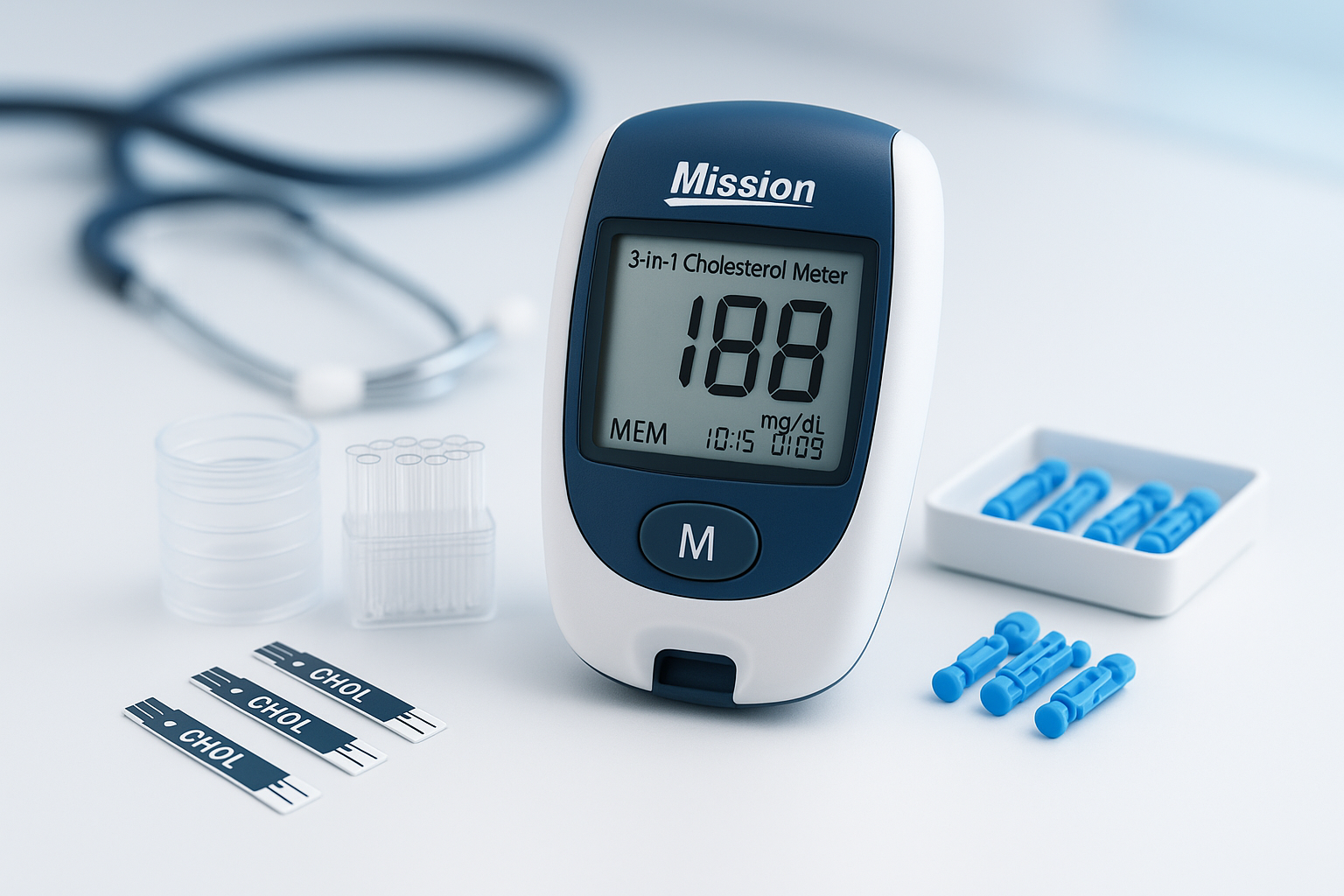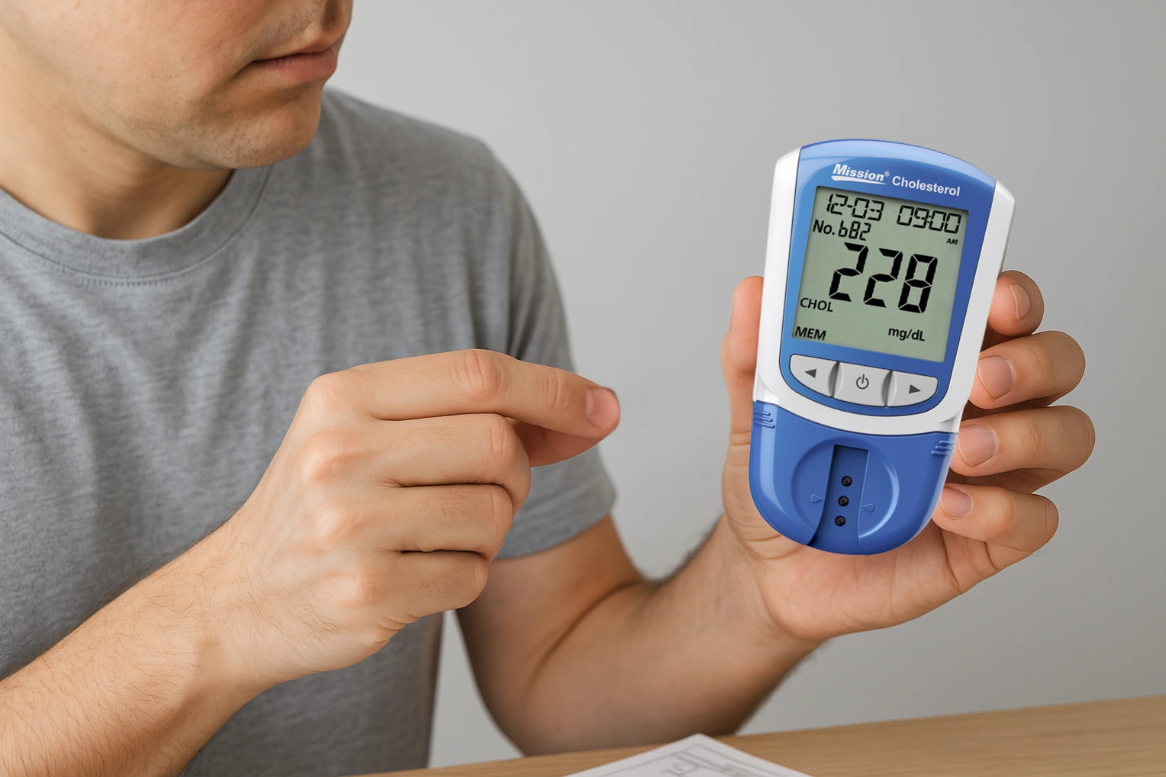Pressure on healthcare systems continues to rise. Waiting times are increasing, and not everyone has easy access to appropriate medical care.
Solutions such as medical self-tests can play a valuable role in addressing this challenge. They provide accessible insights into health status, help reduce the burden on healthcare providers, and make preventive care more attainable.
Self-Testing as a Low-Threshold Tool
In this context, medical self-tests offer a practical way for individuals to monitor key health indicators from home — without needing a doctor’s appointment or lab visit.
Self-tests are particularly useful in situations where you want quick clarity on a specific health question. Examples include persistent fatigue that could point to iron deficiency, hormonal fluctuations during menopause, or keeping an eye on prostate levels as you age.
Benefits of Self-Testing
- Fast and Immediate Results: Get clear insights into a specific health value within minutes, without needing a doctor.
- At Home, On Your Schedule: No waiting rooms or travel — perform the test when and where it suits you.
- Support in Times of Doubt: A self-test can help you take mild symptoms seriously and decide whether further steps are needed.
- Efficient and Focused: Avoid unnecessary appointments.
- Private and Accessible: Ideal for those who value discretion or prefer to explore a concern independently before seeking help.
What Can You Test?
Swiss Point of Care offers a range of reliable home-use self-tests. For the full range of tests, view the collection here.
- Prostate Test (PSA): For men aged 50+ or those experiencing prostate-related symptoms.
- Iron Deficiency Test (Ferri-Check): For fatigue, dizziness, or pale skin.
- Liver Function Test (Liver-Screen): Useful for people taking medication or monitoring liver health.
- Menopause Test (FSH): To assess hormonal changes or irregular cycles.
- Early Pregnancy Blood Test (hCG): A highly sensitive test that detects pregnancy earlier than traditional urine tests.
All tests use a simple finger prick or urine sample and deliver results within 10 minutes.
Want to explore more? View the complete collection here.
Reliable and Safe
Swiss Point of Care self-tests are CE-certified and clinically validated. Each test comes with clear instructions and is designed for safe use at home, without requiring any medical expertise.
While a self-test is not a diagnostic tool, it does offer a low-threshold way to take symptoms seriously and, if needed, act in a timely manner.
Self-testing puts people in control — offering clarity, peace of mind, and more effective use of healthcare services. It’s a small step that can make a significant impact on personal health and the broader healthcare system.




Laat een reactie achter
Deze site wordt beschermd door hCaptcha en het privacybeleid en de servicevoorwaarden van hCaptcha zijn van toepassing.